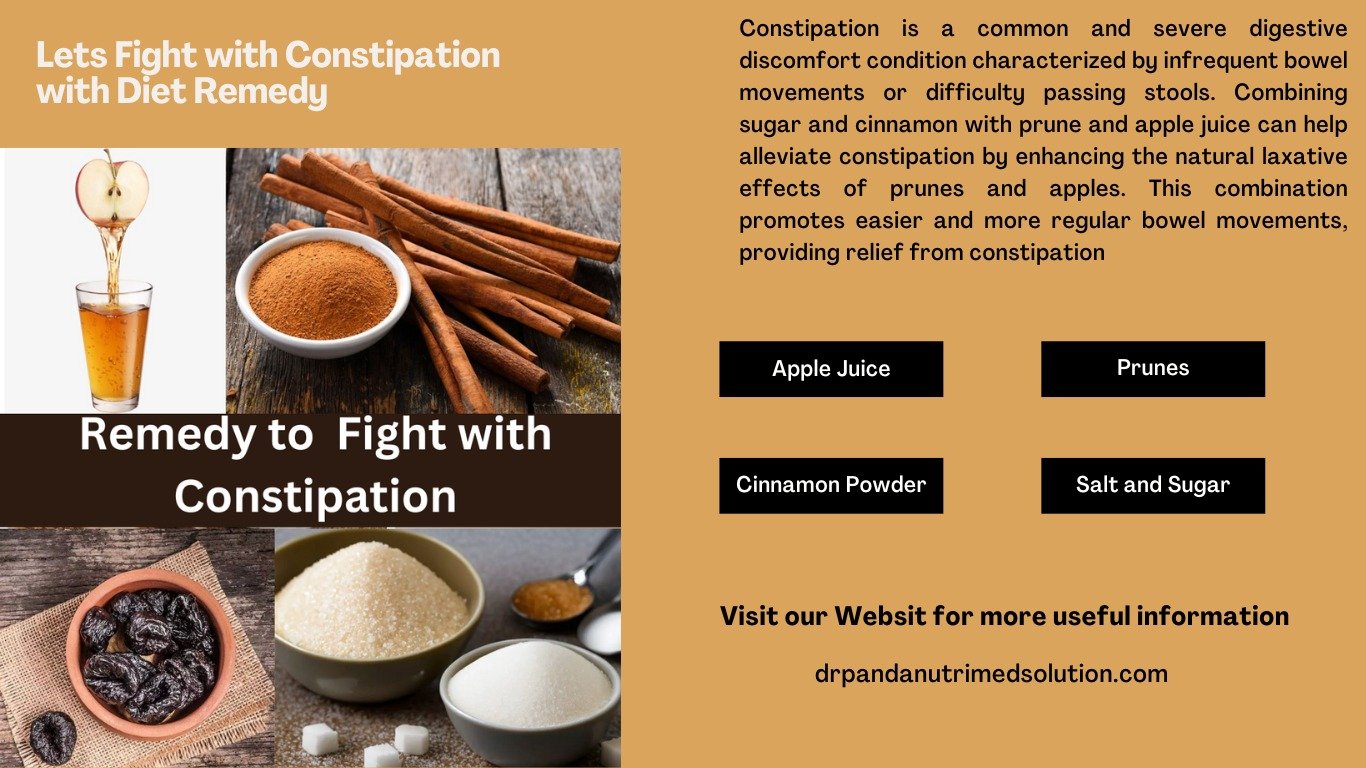Introduction:
Our skin is our largest organ of our body and makes up around total 7th of our total body weight. The major function of our skin is to act as a barrier, protecting the rest of your body from the sun’s rays, hot and cold temperatures, germs, pathogens, and toxic substances. The most people focus on taking care of their skin from the outside by applying moisturizer’s, sunscreen and other skin care products. And our skin needs better quality of foods for glowing skin.
According to nutrition’s a well diet plan is one of the most important factors of foods for glowing skin. Certain nutrients, such as selenium, zinc, omega-3 fats, and vitamins A, C, and E, help protect the skin from dehydration, loss of elasticity, and oxidative and sun-induced damage.
1.Avocados
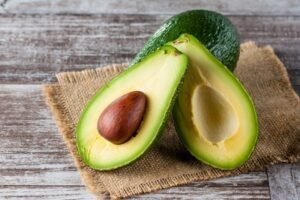
Avocados rich in healthy fats, avocados help keep your skin hydrated and supple. They also contain vitamins E and C, which are antioxidants that protect against damage from free radicals. . Avocados are also a good source of vitamin E , which is an important antioxidant that helps protect your skin from oxidative damage. And its good foods for glowing skin
2.Fatty Fish
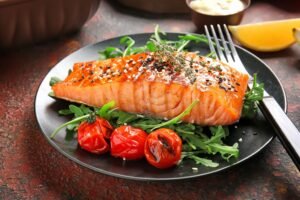
Rich in omega-3 fatty acids and astaxanthin, a powerful antioxidant, salmon helps maintain skin elasticity, hydration, and overall radiance. This type of seafood is also a source of high quality protein, which is needed for maintaining the strength and integrity of your skin.
Lastly, fish provides zinc — a mineral vital for regulating the following:
- Inflammation
- Overall skin health
- The production of new skin cells
3.Sunflowers Seeds
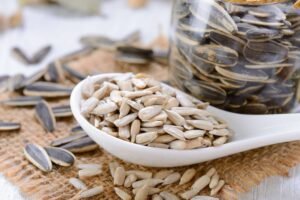
In general, nuts and seeds are good sources of foods for glowing skin and skin-boosting nutrients. Sunflower seeds are an excellent example. One ounce (28 grams) of sunflower seeds packs 49% of the DV for vitamin E, 41% of the DV for selenium, 14% of the DV for zinc, and 5.5 grams of protein.
Sunflower seeds are packed with protein, a nutrient that makes up the skin and is required for wound healing and the building of new skin cells. They’re also rich in vitamin E, which functions as a powerful antioxidant in the body. Vitamin E plays an important role in skin health as it protects skin cells from sun damage, regulates inflammation.
4.Sweet Potatoes
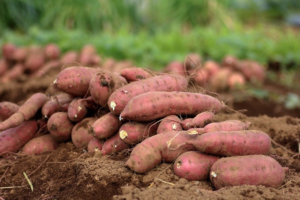
High in beta-carotene, which the body converts into vitamin A, sweet potatoes help repair skin tissue and promote a healthy, glowing complexion. Sweet potatoes are an excellent source — one 1/2-cup (100-gram) serving of baked sweet potato contains enough beta carotene to provide more than six times the DV of vitamin A. Interestingly, high amounts of beta carotene may also add a warm, orange color to your skin, contributing to an overall healthier appearance.
5.Cherries

Regularly consuming cherries may help improve overall health by lowering markers of oxidative stress, decreasing blood pressure, and supporting heart health. What’s more, cherries are rich in antioxidants, such as anthocyanin’s, hydroxycinnamates, and Flavin-3-ols, which may help protect skin cells against UV damage.
Cherries are also high in vitamin C and provide fiber, which can help support a balanced gut environment, which is important for the maintenance of healthy skin.
6. Walnuts

Walnuts are a good source of essential fatty acids, which are fats that your body cannot make itself.
In fact, they’re richer than most other nuts in both omega-3 and omega-6 fatty acids. Walnuts also provide small amounts of the antioxidants vitamin E and selenium, in addition to 4–5 grams of protein per ounce (28 grams). Walnuts are a good source of fats, zinc, vitamin E and proteins all of which are nutrients of your skin needs to stay healthy.
7.Strawberries

Strawberries are rich in skin health-promoting substances, such as vitamin C , anthocyanin’s, phenolic acids, and flavonoids. Vitamin C is especially important for skin health, as it protects skin cells from oxidative damage and is essential for the production of collagen the main protein in the body that accounts for 75% of your skin’s dry weight.
Your skin accumulates vitamin C, containing up to 64 milligrams (mg) of vitamin C per 100 grams of the epidermal or outer skin layer.5
Strawberries are an excellent source of vitamin C, with a cup of sliced strawberries providing 97.6 mg or 108% of the Daily Value (DV).
8. Broccoli
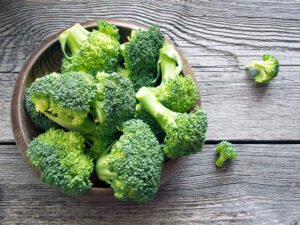
Broccoli is a good source of fiber, which helps promote a healthy gut environment. This cruciferous vegetable is also high in vitamin C and polyphenol antioxidants. Polyphenols help inhibit certain enzymes involved in the breakdown of the skin proteins collagen and elastin, which can help slow signs of aging.
Eating vegetables, like broccoli, provides your body with the nutrients it needs to support healthy skin. These substances also help protect against UV damage, provide anti-inflammatory effects, accelerate skin regeneration, and may help improve blood circulation and elasticity in the skin. What’s more, broccoli is a source of beta-carotene, a provitamin A carotenoid that has antioxidant properties.
9.Watermelon
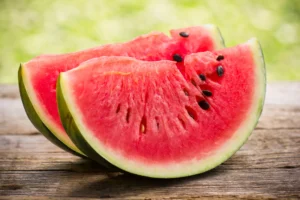
Watermelon is more than 90% water, which makes it a delicious choice for keeping your skin hydrated from the inside out. Drinking plenty of water and consuming hydrating foods, like watermelon, can help keep your skin looking youthful because hydration helps reduce the appearance of wrinkles and furrows.
Not only is watermelon hydrating, but it’s a good source of vitamin C and skin-supporting antioxidants such as lycopene and beta-carotene.
It also provides the amino acid L-citrulline, which may help promote healthy circulation, which is important for nourishing skin cells.
10. Smoothies
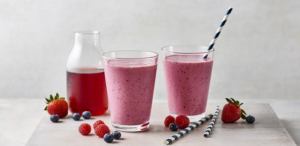
Smoothies are one of the best ways to pack a variety of skin foods. Adding collagen peptides to your smoothie can enhance its skin-boosting effects. Research suggests that supplementing with collagen may improve certain aspects of skin health, including wrinkle depth, texture, elasticity, and hydration.
Read More:
LOW CARB DIET: MEAL PLAN TO IMPROVE HEALTHhttps://drpandanutrimedsolution.com/omega-3-fatty-acids/



